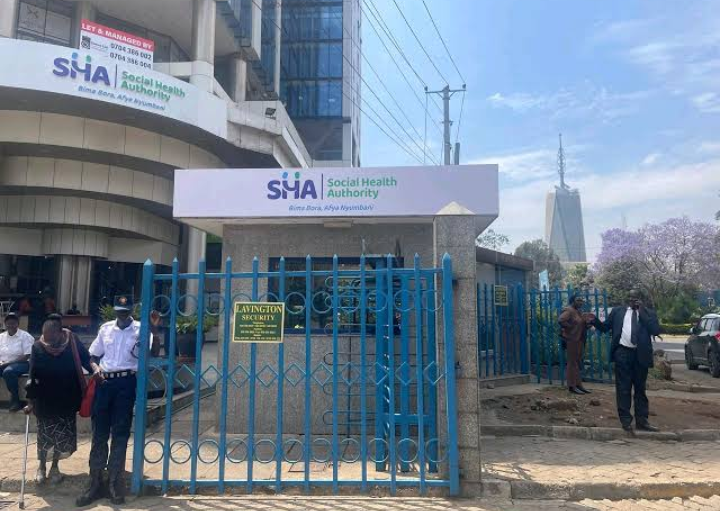Beginning January 1st, patients seeking medical assistance at facilities operated by the Rural and Urban Private Hospitals Association of Kenya (RUPHA) will be expected to pay in cash.
This decision comes after private hospitals accused the government of failing to pay the nearly 29 billion shillings due to them by the now-defunct National Health Insurance Fund (NHIF).
The SHA’s healthcare funding mechanism has come under increased scrutiny, with growing worries regarding its influence on healthcare costs and accessibility.
RUPHA has accused the government of being unresponsive in addressing the outstanding debt and has warned to demand cash payments for services if the problem is not resolved within 14 days.
“Unless there is a substantial movement to settle the NHIF liabilities by January 1st, we will be forced to demand out-of-pocket payments,” emphasized RUPHA’s chairperson, Brian Lishenga.
“We have no other way to keep the facilities open. You cannot have 67% of hospitals defaulting on overdrafts, 25% of hospitals in small claims courts, and three-quarters of hospitals unable to pay their workers for three months and expect healthcare to function normally.”
RUPHA reports that the financial burden on both patients and medical facilities has increased since the SHA’s implementation.
The group has cited limited reimbursements for outpatient treatments and rising expenses for ICU and HDU care.
“How is it possible to provide X-rays, ultrasound, and lab tests for just 75 shillings per month per Kenyan? This is not the promise we gave to Kenyans,” said Lishenga.
He emphasized the gap between government expectations and the realities of healthcare delivery.
A recent circular from the Ministry of Health stated that SHA’s coverage for ICU and HDU patients is based on tariffs published in November 2024.
The charges are 3,360 shillings per day for level 4 facilities, 3,920 shillings per day for level 5, and 4,480 shillings per day for level 6, with patients responsible for any additional costs.
Lishenga highlighted this as a contradiction to the initial government commitment, warning that, despite greater payments, many Kenyans will face out-of-pocket expenses.
“We were told that if a patient is admitted to ICU, they would be covered for 45,000 shillings for 14 days. Today, we have Kenyans who are reimbursed for only 10% of an ICU bill,” Lishenga added.
“If the government is collecting more money through contributions, why are these benefits not being reflected in the services?”
Meanwhile, the Kenya Union of Clinical Officers (KUCO) expressed alarm about their omission from the SHA empanelment process.
The union accused the SHA board of purposefully excluding clinical officers and their facilities from contracting and pre-authorization procedures under the plan.
In reaction, KUCO has announced that clinical officers would not visit patients enrolled with the NHIF until their complaints are resolved.
The union has also urged President William Ruto to remove the current SHA Board and replace it with people who appreciate the purpose of Universal Health Coverage.





















Add Comment